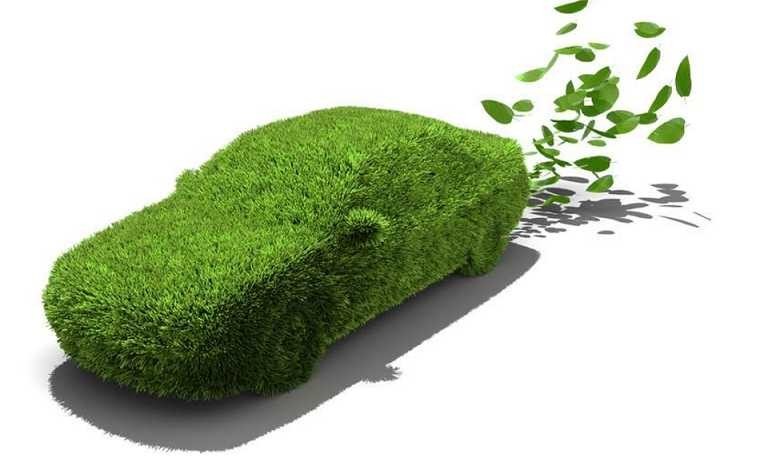Why (or Why Not) to Own a Fuel Cell Vehicle (FCV)
It wasn't that long ago that there were only two viable choices when it came to powering our fleet in this country—gasoline or diesel. Sure, there were a lot of different fuels that carmakers and innovators were always experimenting with back then, but in the end those were the only two options available to American car owners.
Well, that is no longer the case and consumers now have a wide range of alternative fuel vehicles. At Service King Sherwood, we have witnessed this evolution first hand here in Sherwood, AR and all over the world, actually. So, we are going to discuss the upside and possible downside of owning a Fuel Cell Vehicle (FCV), including the new Mercedes-Benz Sprinter fuel cell vans, the VW Golf Hymotion and the BMW 1 Series Fuel-cell hybrid electric, just to name a few. A fuel cell vehicle is a car that utilizes a fuel cell to provide power for an electric drive system. There are also hybrid vehicles that contain a fuel cell and a battery or a fuel cell and an ultracapacitor.
Major Benefits:

Cut Down on Greenhouse Gas Emissions
Gasoline- and diesel-powered vehicles produce greenhouse gases (GHGs), primarily carbon dioxide (CO2), that negatively impacts the environment and leads to climate change. Fuel cell vehicles (FCVs) powered by 100% pure hydrogen give out no tailpipe GHGs and only heat and water.
Less Dependence on CVs can definitely reduce our dependence on foreign oil, because hydrogen can be derived from sources that we have here in the U.S., including natural gas and coal, as well as renewable sources like water, biogas and a wide range of agricultural waste. By becoming less dependent on other countries and less susceptible to oil price shocks, we can become more independent from the Middle East, for example.
Highway vehicles emit much of the air pollutants that contribute to smog and harmful particulates in our air right, but cars powered by pure hydrogen emit nothing harmful into the environment. Producing hydrogen from fossil fuels causes some pollutants, but much less than the amount generated by conventional vehicles.
Challenges:
Only a very few FCVs are currently available for sale or lease and the overall availability is limited primarily to regions in the country with hydrogen fueling stations, mostly in California.
At present, FCVs are more costly than conventional vehicles and hybrids. However, the costs of owning one have dropped significantly and are as car manufacturers are still trying to cut down on costs in order to compete against so-called "regular" cars.
Fuel cell systems are not at this point as robust and resilient as internal combustion engines, especially in some hot and humidity areas. On-road fuel cell stack durability is presently about 50 percent of what is required for commercialization. Durability has increased substantially over the past few years from 29,000 miles to 75,000 miles, but experts believe FCVs must achieve a 150,000-mile expected lifetime to compete with gasoline vehicles.
Sources: Google, Yahoo and Ask.com












Social